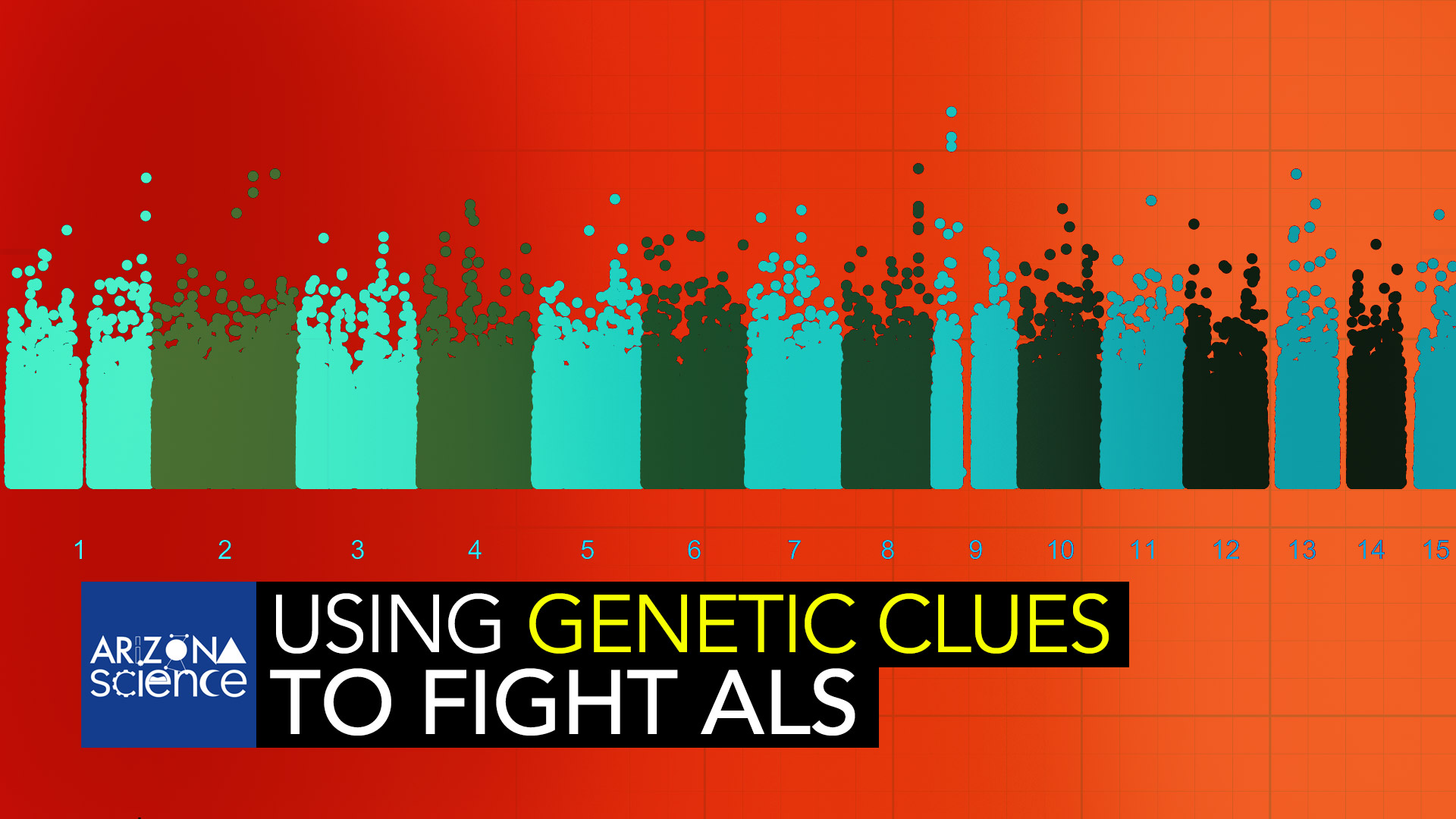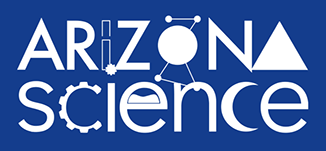 U of A molecular biologist Daniela Zarnescu is using a catalog of genetic information to help provide clues in the battle against ALS.
U of A molecular biologist Daniela Zarnescu is using a catalog of genetic information to help provide clues in the battle against ALS.
AZPM
A team of University of Arizona scientists are working to solve the mystery behind Amyothrophic Lateral Sclerosis (ALS), or Lou Gehrig's disease.
ALS affects the nervous system and causes extreme muscle weakness, leaving patients unable to speak, swallow, or breathe. It has no known cure. Not many patients survive more than four years after diagnosis.
U of A molecular biologist Daniela Zarnescu is using a catalog of genetic information to sift through a list of drugs that could provide clues to successfully battle the disease.
Catch Arizona Science each Friday during Science Friday on NPR 89.1. You can subscribe to our podcast on Apple Music, Spotify, Amazon Music, or the NPR App. See more from Arizona Science.
MORE:


By submitting your comments, you hereby give AZPM the right to post your comments and potentially use them in any other form of media operated by this institution.